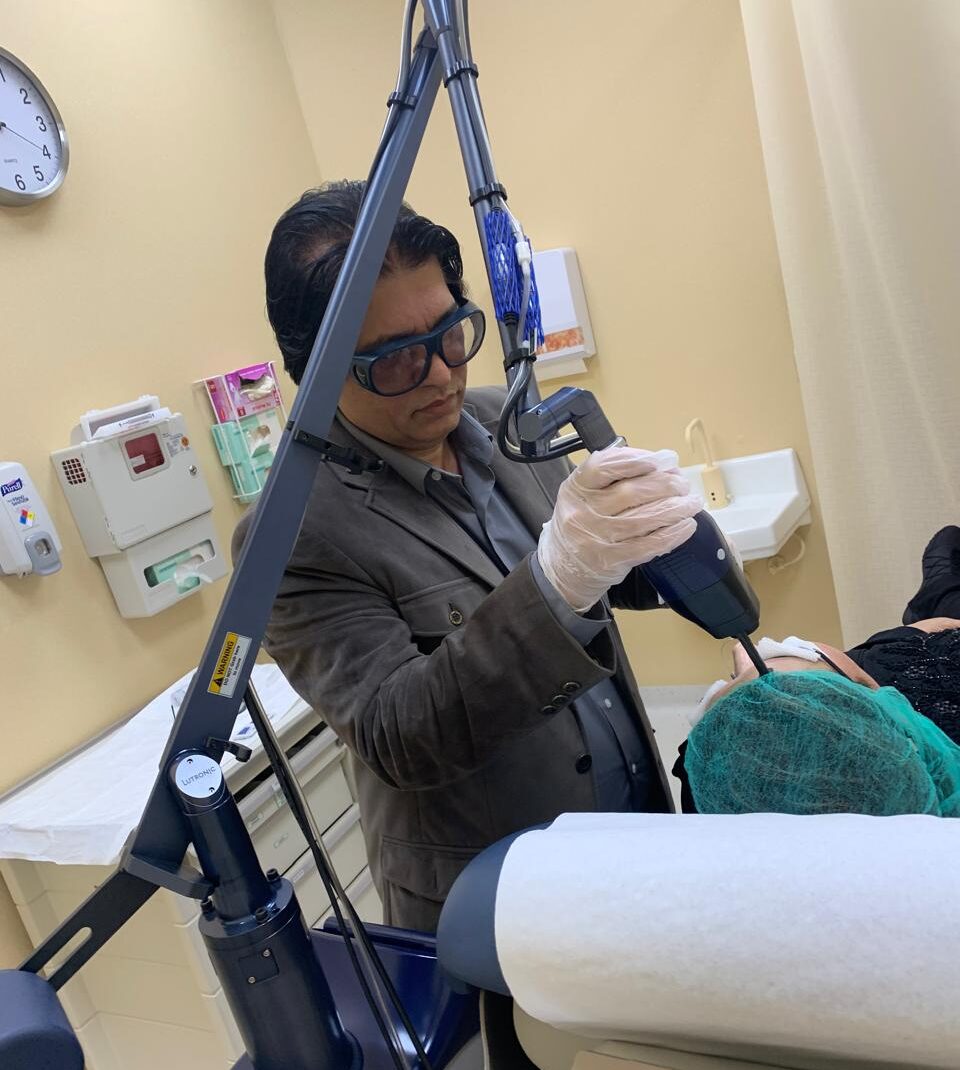Introduction
In today’s fast-paced world, technology is not just a convenience it’s a lifesaver. One of the most exciting advancements in healthcare is the use of Artificial Intelligence (AI) in dermatology. From detecting early signs of skin cancer to providing instant analysis of skin conditions, AI is changing the way we approach skin health for the better.
The Role of AI in Dermatology
AI dermatology uses machine learning algorithms trained on thousands (sometimes millions) of medical images to identify patterns and abnormalities in the skin. Whether it’s a suspicious mole, rash, acne, or other skin condition, AI can analyze it in seconds, offering a preliminary diagnosis or suggestion sometimes more accurately than a trained human eye.
Benefits of AI-Powered Dermatology
- Early Diagnosis Saves Lives
Skin cancer, including melanoma, is one of the most treatable forms of cancer if caught early. AI tools can detect subtle changes in moles or lesions that might be overlooked during a routine check-up. This means patients can begin treatment earlier, increasing the chances of full recovery and reducing the cost of long-term care. - Accessibility for All
AI-powered dermatology apps and platforms make expert-level skin analysis accessible to people in remote areas or those who can’t afford frequent dermatologist visits. All you need is a smartphone, internet connection, and a few clear photos of the skin. - Faster Results, Less Waiting
Instead of waiting weeks for a dermatologist appointment, patients can receive a preliminary assessment in minutes. This speeds up the process, eases anxiety, and helps doctors prioritize urgent cases. - Support for Dermatologists
AI doesn’t replace dermatologists it empowers them. These tools act as a second pair of eyes, increasing diagnostic accuracy, helping with documentation, and reducing human error.
Real-World Impact
AI is already making a difference in clinics and research labs worldwide. Leading AI dermatology platforms have shown diagnostic accuracy rates comparable to board-certified dermatologists. In some studies, AI has even outperformed humans in identifying specific skin cancers.
Startups and research institutions are working on apps that can alert users about risky moles, suggest treatments for acne or eczema, and even remind patients to apply sunscreen based on UV exposure all driven by smart AI engines.
The Future is Bright (and Smarter)
As AI continues to evolve, so will its ability to detect more complex conditions, integrate with wearable tech, and offer personalized skin care guidance. The dream is not just to treat disease, but to predict and prevent it and AI is turning that dream into reality.


